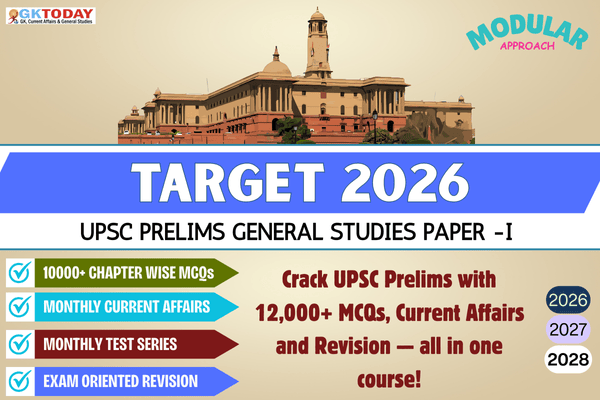- The Moon is moving away from the Earth
- The Earth is moving closer to the Sun
- The mean solar day is getting longer
- The Earth's rotation speed is slowing down
Answer: 1, 3 and 4
Notes: Statement 1 is correct: The Moon is slowly moving away from Earth (~3.8 cm/year). Statement 2 is incorrect: Earth's average distance from the Sun remains roughly the same over geological time. Statements 3 and 4 are correct: Tidal friction causes Earth's rotation to slow, making days longer. Thus, only statements 1, 3, and 4 are correct.
